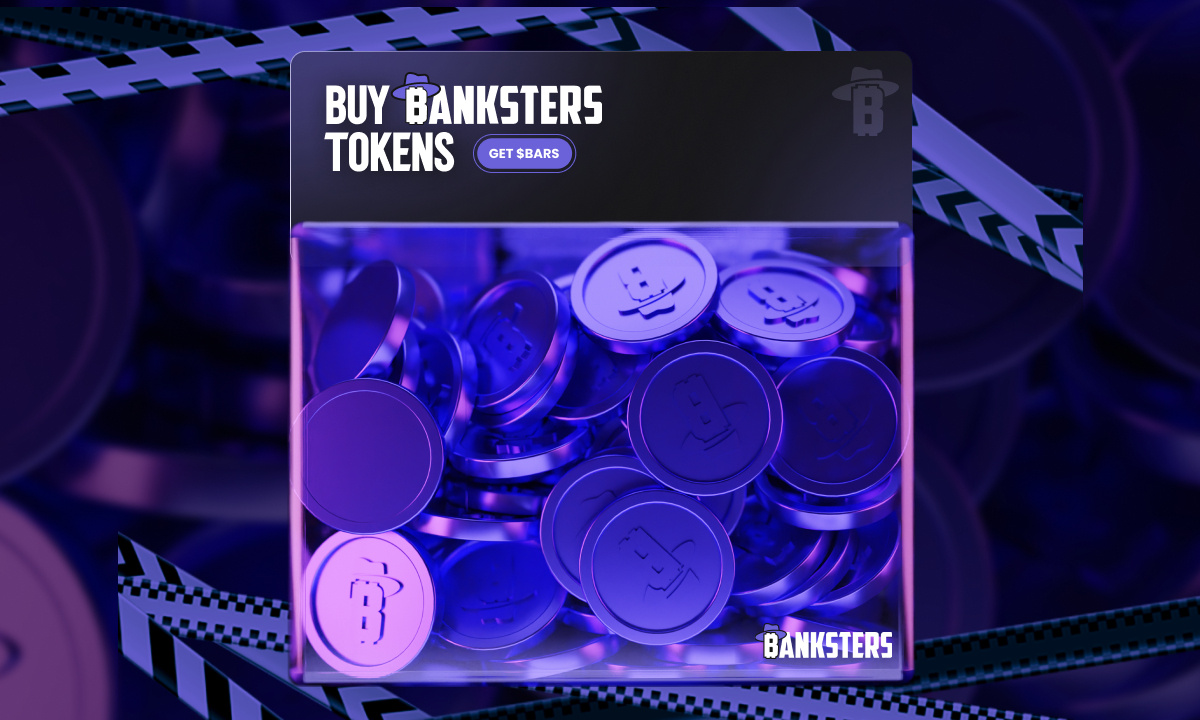China bans cryptocurrencies but prosecutes NFT
Last year, the Chinese government banned cryptocurrency trading and mining. However, they are pursuing other applications of blockchain technology and non-fungible tokens (NFTs) – as long as the technology remains under control.
He Yifan, chief executive officer of Red Date Technology, which provides technical support for BSN, updated the South China Morning Post on the news, stating that NFTs “have no legal problems in China” as long as they are not linked to cryptocurrencies banned in China like bitcoin.This month, Blockchain Services Network (BSN), the state-backed Chinese blockchain company, plans to provide infrastructure that will allow individuals and businesses in China to create, sell, and buy NFTs.
He also said that Chinese is blocking all public blockchains like Ethereum, which is used as a public ledger to support and track NFT transactions. Instead, BSN will use blockchains adapted from Ethereum and nine other platforms that meet regulatory requirements in China, such as B. Ensuring that all users verify their identity and allow the state to intervene if “illegal activities” take place.
BSN will also allow users to buy NFTs with just yuan instead of the cryptocurrencies commonly used to trade NFTs outside of Chinese.
So far, Chinese’s NFT industry seems to be operating in a legal “grey area”.
Last June, Chinese e-commerce giant Alibaba launched a collection of 16,000 NFT artworks that sold out in minutes via mobile payment app Alipay. Back then, they were careful to say that NFTs and cryptocurrencies are different.
“NFT is both non-fungible and indivisible, which fundamentally differentiates it from cryptocurrencies like Bitcoin.said a spokesman for AntChain, a subsidiary of Alibaba.
In the months that followed, Alibaba and other tech giants like social media company Tencent, video-streaming site Bilibili, and e-commerce company JD.com rebranded the NFT services as “digital collectibles” to avoid regulatory scrutiny avoid, experts say.
In December, the China government showed signs of approving NFT when the Xinhua News Agency unveiled its collection of NFTs.
However, China’s biggest tech companies have not been able to capitalize on the surge in interest in NFTs. In China, companies are banned from profiting from the sale of NFTs, and those who buy them are currently not allowed to resell them.
According to He, BSN will solve at least one of the big problems with China’s NFTs: they are currently managed by private companies that don’t interact with each other. BSN will operate on multiple blockchains in China to form the country’s largest NFT market, he said.
“NFT in China will reach 1 billion annual output in the futurehe told SCMP.
Join CoinCu Telegram to keep track of news: https://t.me/coincunews















